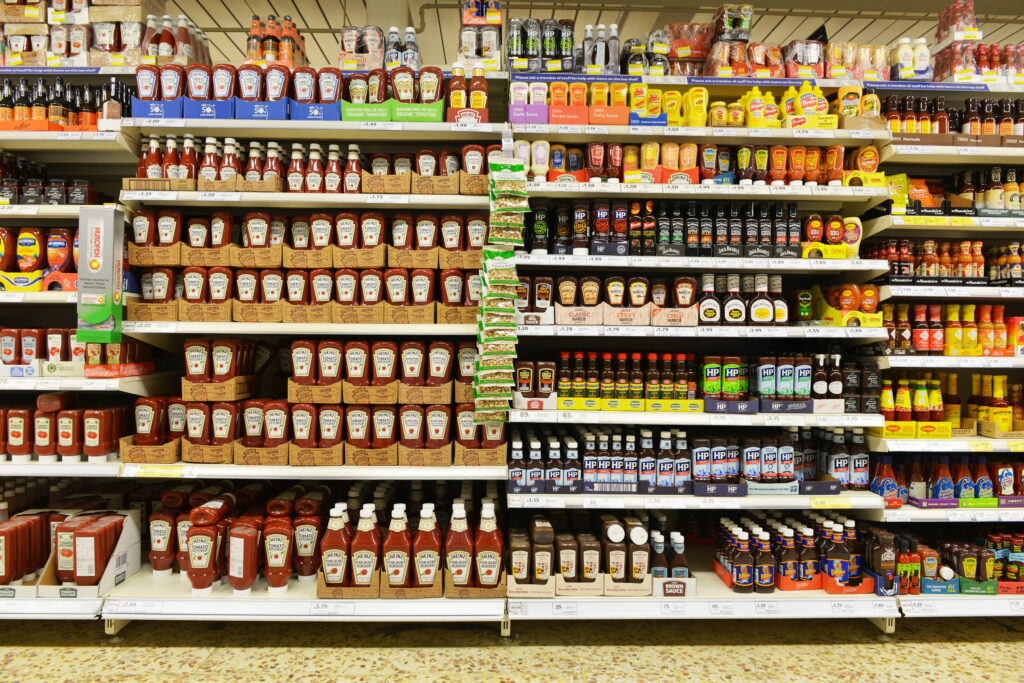The PRO is intended to represent the interests of industry stakeholders – particularly producers – in the creation and running of pEPR.
While exact details still need to be decided, it is likely that the PRO will be responsible for dictating and managing the practical elements of pEPR when it comes into effect in 2025.
It can be expected that the scheme administrator will retain some powers.
The Interim Steering Group will be responsible for deciding what form the PRO takes and its responsibilities.
The Steering Group was formed in January in an effort to bring together representatives from across the packaging value chain to work on pEPR.
The open letter specified that the devolved governments have established a co-design process to involve industry in the creation of the PRO, including members of the Food and Drink Federation (FDF) convened PRO Steering Group, local authorities and “other representatives from across the value chain”.
The letter concluded: “We will act on the recommendations of this group, to maximise value chain involvement whilst providing robust governance for the Scheme Administrator.
“We still have a lot to achieve, and we are grateful for your continued endeavours.”
‘Industry-led PRO is best practice’
Robbie Staniforth, innovation and policy director at Ecosurety and member of the pEPR Scheme Administrator Interim Steering Group, told letsrecycle.com: “I was pleased to receive the letter from ministers that signals their intent to continue a unified system in the UK.
“An industry-led PRO represents international best practice for EPR governance so this news constitutes progress in the right direction.
“However, there is still a lot of work to be done to decide on the appropriate functions for the Scheme Administrator to delegate to the PRO. The governments will also need to ensure the organisation that emerges is truly representative of all stakeholders.”
Jim Bligh, director of corporate affairs and packaging at the FDF, echoed: “With EPR expected to cost at least £1.7 billion in 2025 alone, it is essential that it delivers value for money and boosts Britain’s recycling rates.
“All successful EPR schemes are led by producers, so it is very welcome that the UK’s four governments have decided to follow international best practice. A producer-led organisation can harness the expertise of manufacturers, and the waste value chain, to create a true circular economy for packaging recycling. This includes boosting investment in infrastructure, supporting councils to run effective and efficient services, and working with producers in all sectors to use more recycled content and cut down their use of packaging.”
To learn more about EPR and its changes, make sure you attend the EPR Conference on 14 November at the IET in London. See the growing agenda and book your tickets here.










Subscribe for free